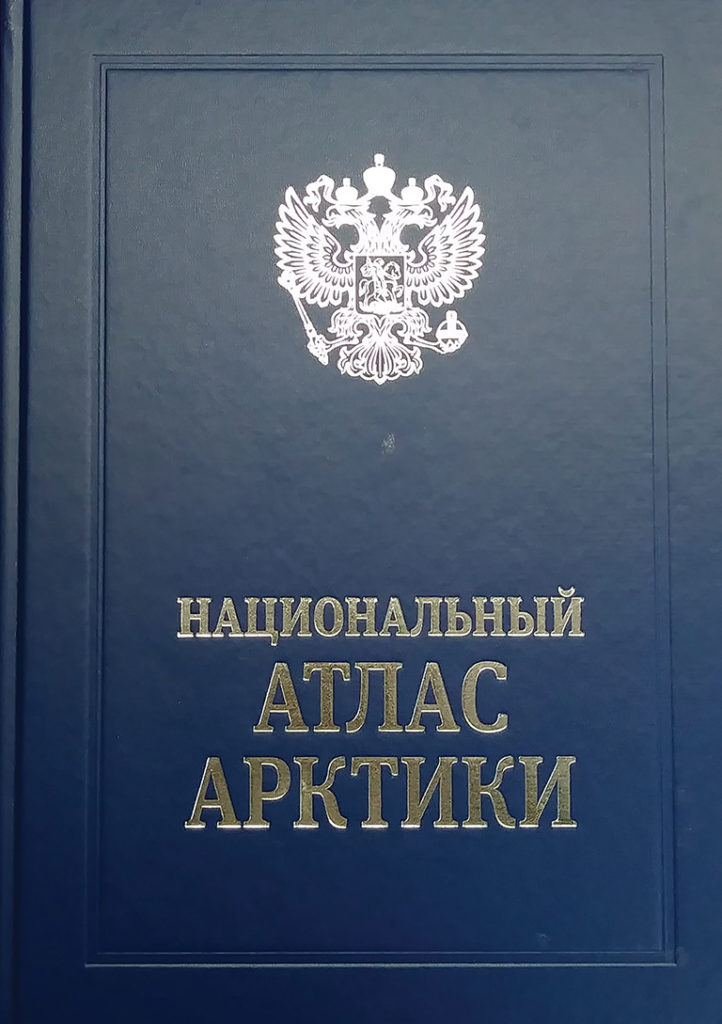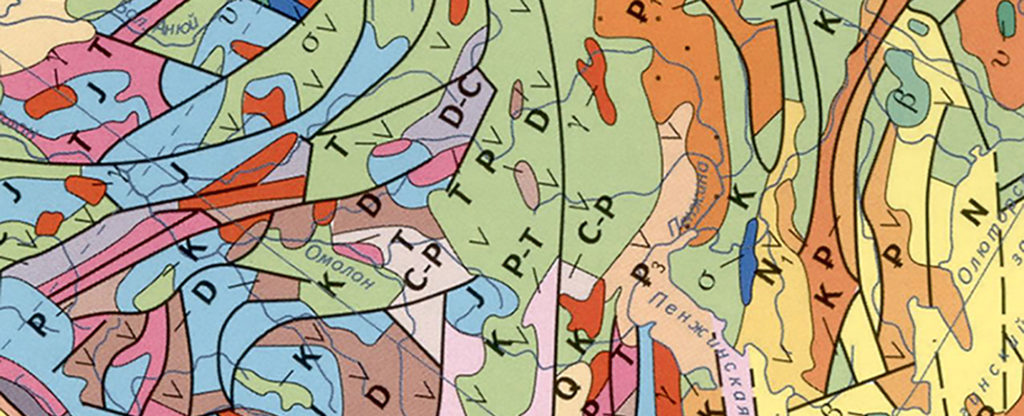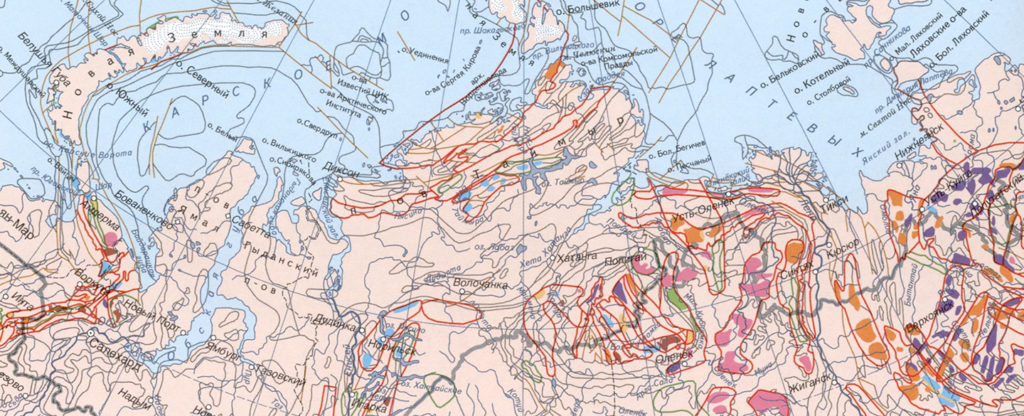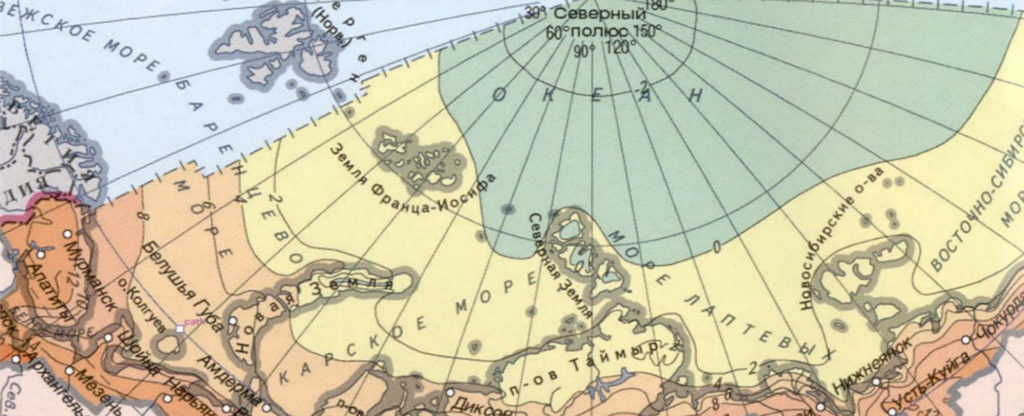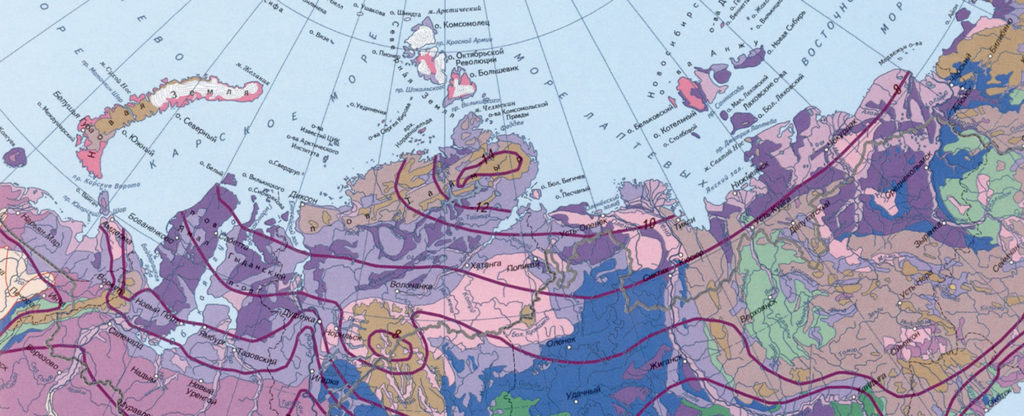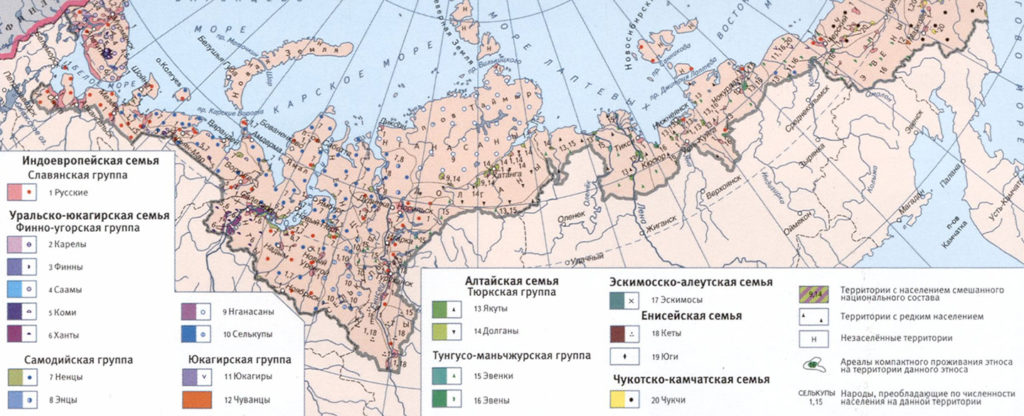National Atlas of the Arctic
An essential and comprehensive resource on the Russian Arctic region
The long-awaited National Atlas of the Arctic [Национальный атлас Арктики] is now available from East View while copies last. The culmination of years of intensive scientific research and surveying, this library-quality edition was published in 2017 by Rosreestr Roskartografiia with the assistance of the Russian Geographical Society. The monograph boasts 495 pages of maps, illustrations, and text detailing circumpolar Earth above 66° North, with a focus on all Russian Arctic territory, Arctic seas and coastlines. A complete geographical names list is included (indexed to Cyrillic alphabet order).
The Arctic area of the Russian Federation has never before been presented so comprehensively in a monograph of this level. Almost 500 thematic, satellite, and nautical maps in the National Atlas of the Arctic’s 22 sections feature vivid and exhaustive overviews of Arctic geography; political subdivisions; land use; and geological, climatic, glaciation and permafrost characteristics of the Arctic Ocean and the northernmost parts of the continents of Asia, Europe, and North America.
Also included are narratives on the history of surveys and marine expeditions in the Russian Arctic; its geomorphology, mineral resources, and development potential; climate, ocean, and coastal attributes; permafrost changes; topographic relief and subsoil characteristics; habitat and natural environment; indigenous populations and social structures; economic development; and an outlook to year 2020 plans by the Russian Federation for its strategic priorities in Arctic exploration, development, and monitoring via satellite.
